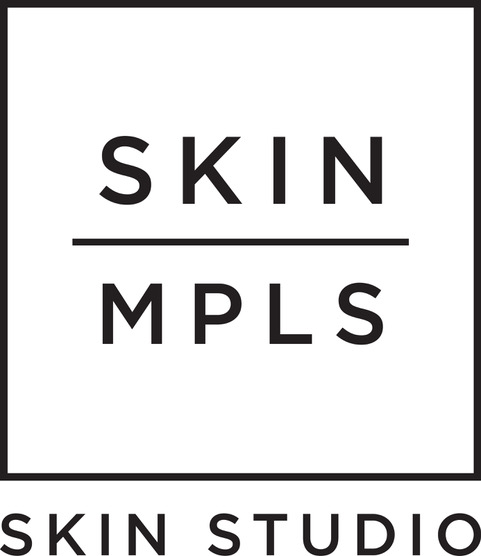Can Bad Water Equal Bad Skin?
Is water quality a serious acne aggressor or just a convenient thing to blame for your skin woes? Not a day goes by when an aesthetician doesn’t hear a client bring it up, so we’d like to weigh in on the conversation.
Through all the years we’ve worked with clients and treated skin, we have seen water-related skin reactions several times. We’ve seen clients move away from Minnesota to London and Paris and experience dramatic changes in their skin (and hair). We’ve seen clients take vacations and react to the water in one vacation spot, not another. And we’re not just talking about your classic case of acne; there’s a noticeable build-up on the skin affecting it in more ways than simple breakouts.
There are more than a few minerals in hard water, but we'll talk about just a few of them today. Magnesium and calcium in hard water mixed with skincare products create hard-to-remove residue build-up and can cause an ick for your complexion. And the chlorine in hard water can be drying, and irritate the skin. But we know many of you are interested in knowing if those hard water minerals can cause breakouts. Directly, the minerals are not acne-causing, but indirectly, the effects of their reaction with the skin could add to breakouts.
Hard water is unlikely to cause acne in someone who's not already acne-prone, but for those who battle acne already – it's not going to help. Chances are, if you are stable with your regimen and have become good at limiting your acne triggers, hard water will not make you or break you. It's fair to note, though, that some people's skin is more sensitive than others, which could make them more sensitive to hard water.
It's not just acne-prone people that should keep their water quality in mind. In Paris, which has notoriously hard water as we hinted above, many people prefer using micellar water to wash their face instead of tap water. That's why cult classic Bioderma micellar water is the best – the French invented micellar water, after all.
So, what to do about bad water? There are two key ways to solve this problem (whether or not it’s a problem), and both solutions have nothing but upsides. The first is to tone your skin after cleansing to remove the residue build-up and traces of minerals the water leaves behind. Plus, it’s always fun to check for a clean cotton pad at the end to tell you you passed the cleansing test, but more of that in our toning blog!
The other solution is to use some sort of system to change the chemistry of the water in your home. There are different ways to approach this – you can alter the water at your home's water source with a water softener and/or a whole home water filtration or purification system. But if you don't want to put that kind of investment towards your tap water, or don't own your home, you can install a filter on your showerhead and bathroom sink faucet. In addition to your skin, you'll even likely notice a change in your hair and while washing your hands.
Nothing will help your skin as much as your aesthetician-curated skincare routine with a minimum of four steps (cleanse, tone, treat, moisturize/protect). And, be warned that just like silk pillowcases won’t clear your acne, neither will a water softener/filter/purifier – but it could definitely improve your skin.
